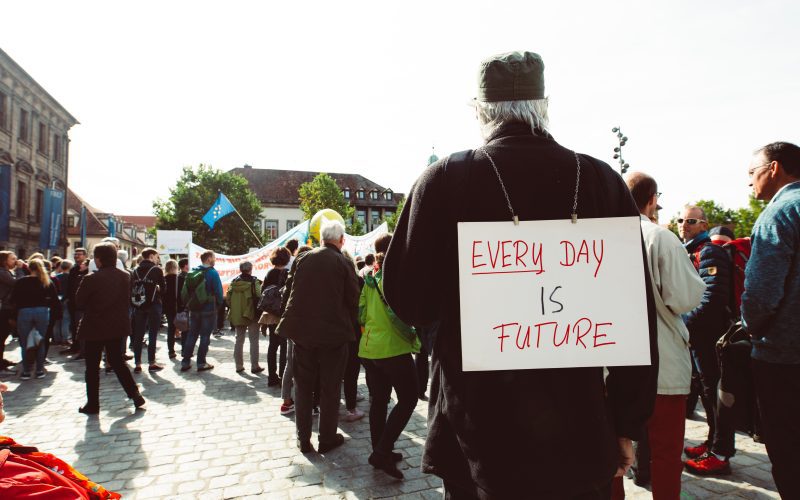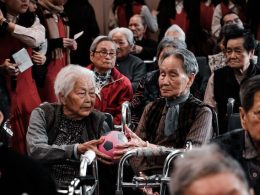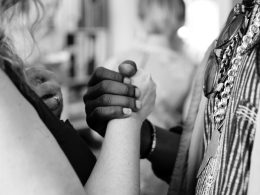Political polarization has become a significant issue in modern society, with people becoming increasingly divided along political lines. This polarization has led to a breakdown in communication, a lack of understanding, and an increase in hostility between individuals and groups. In this article, we will explore the impact of political polarization on society and discuss ways to bridge the divide.
The Impact of Political Polarization
Political polarization has a significant impact on society, affecting everything from personal relationships to public policy. One of the most significant impacts of political polarization is the breakdown in communication between individuals and groups. When people become polarized, they tend to surround themselves with like-minded individuals, creating echo chambers where their beliefs are reinforced and opposing viewpoints are dismissed. This leads to a lack of understanding and empathy for those with different beliefs, making it difficult to have productive conversations and find common ground.
Another impact of political polarization is the increase in hostility between individuals and groups. When people become polarized, they often view those with different beliefs as enemies rather than fellow citizens with different perspectives. This can lead to a breakdown in civil discourse, with individuals resorting to name-calling, insults, and even violence to express their views.
Finally, political polarization can have a significant impact on public policy. When politicians become polarized, they are less likely to work together to find solutions to problems, leading to gridlock and a lack of progress. This can have serious consequences for society, as important issues go unresolved and problems continue to fester.
Bridging the Divide
Despite the challenges posed by political polarization, there are ways to bridge the divide and promote greater understanding and empathy between individuals and groups. Here are a few strategies that can help:
1. Listen to others: One of the most important things we can do to bridge the divide is to listen to others with different beliefs. This means actively seeking out opposing viewpoints and trying to understand where others are coming from. By listening to others, we can gain a greater appreciation for their perspectives and find common ground.
2. Avoid demonizing others: It’s easy to demonize those with different beliefs, but this only serves to reinforce polarization and make it more difficult to find common ground. Instead, we should strive to see others as fellow citizens with different perspectives, rather than enemies to be defeated.
3. Find common ground: Despite our differences, there are often areas of common ground that we can build on. By focusing on these areas, we can work together to find solutions to problems and promote greater understanding and empathy.
4. Engage in civil discourse: Civil discourse is essential for bridging the divide and finding common ground. This means avoiding insults, name-calling, and other forms of hostility, and instead engaging in respectful and productive conversations.
5. Support politicians who prioritize unity: Finally, we can support politicians who prioritize unity and working together to find solutions to problems. By electing leaders who are committed to bridging the divide, we can promote greater understanding and empathy in society.
Conclusion
Political polarization is a significant issue in modern society, but it’s not insurmountable. By listening to others, avoiding demonization, finding common ground, engaging in civil discourse, and supporting politicians who prioritize unity, we can bridge the divide and promote greater understanding and empathy in society. It won’t be easy, but it’s essential if we want to build a better future for ourselves and future generations.












